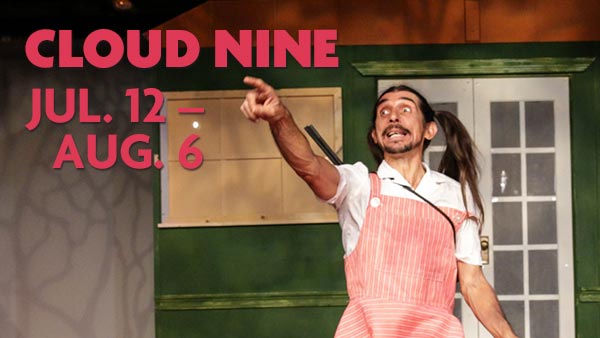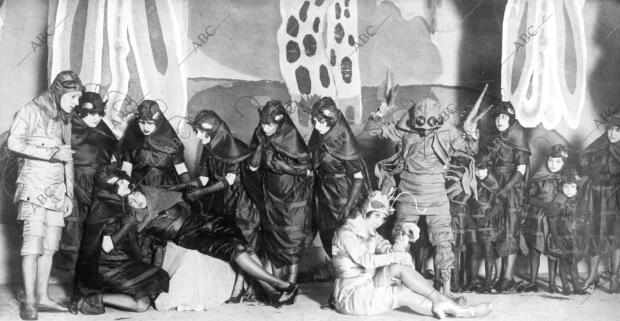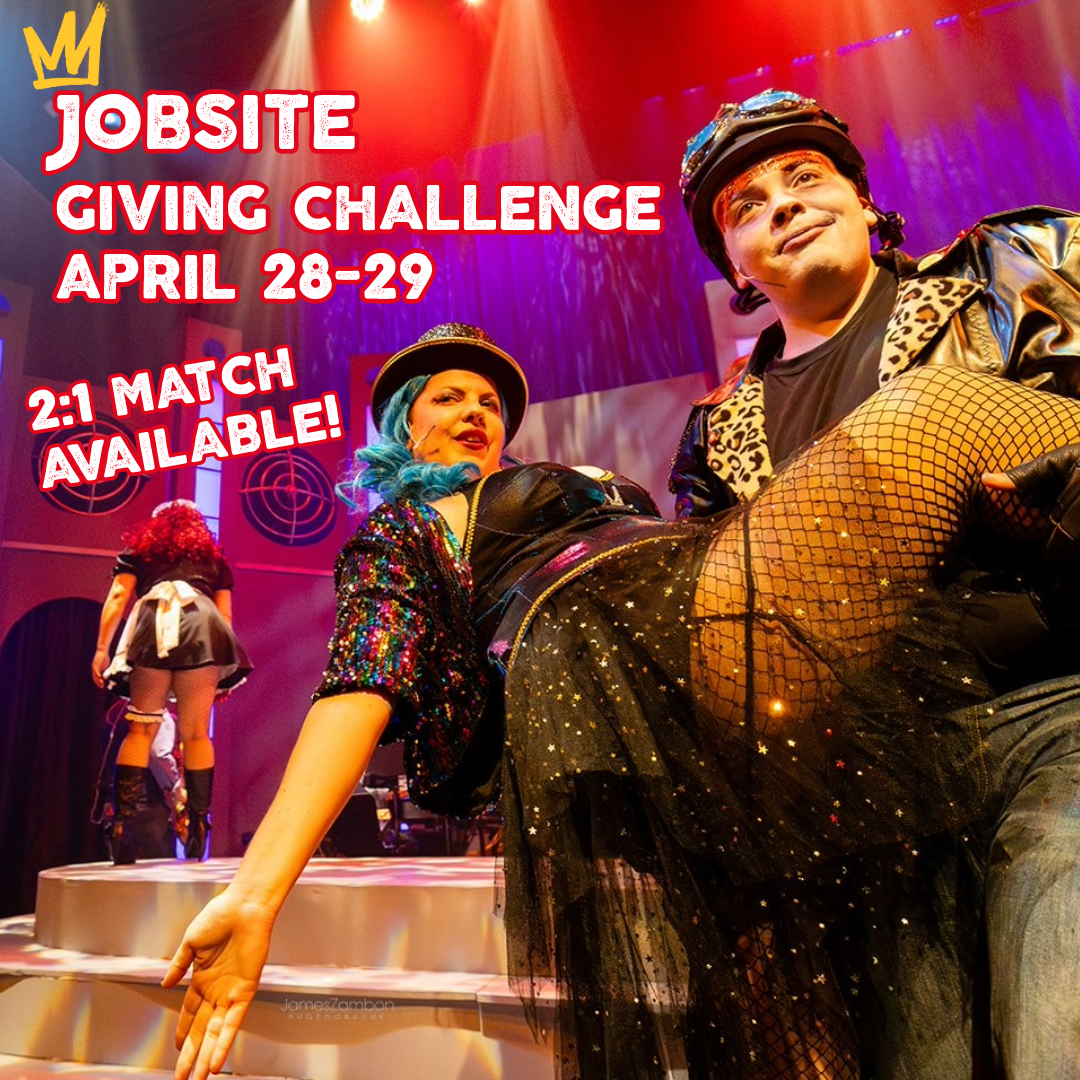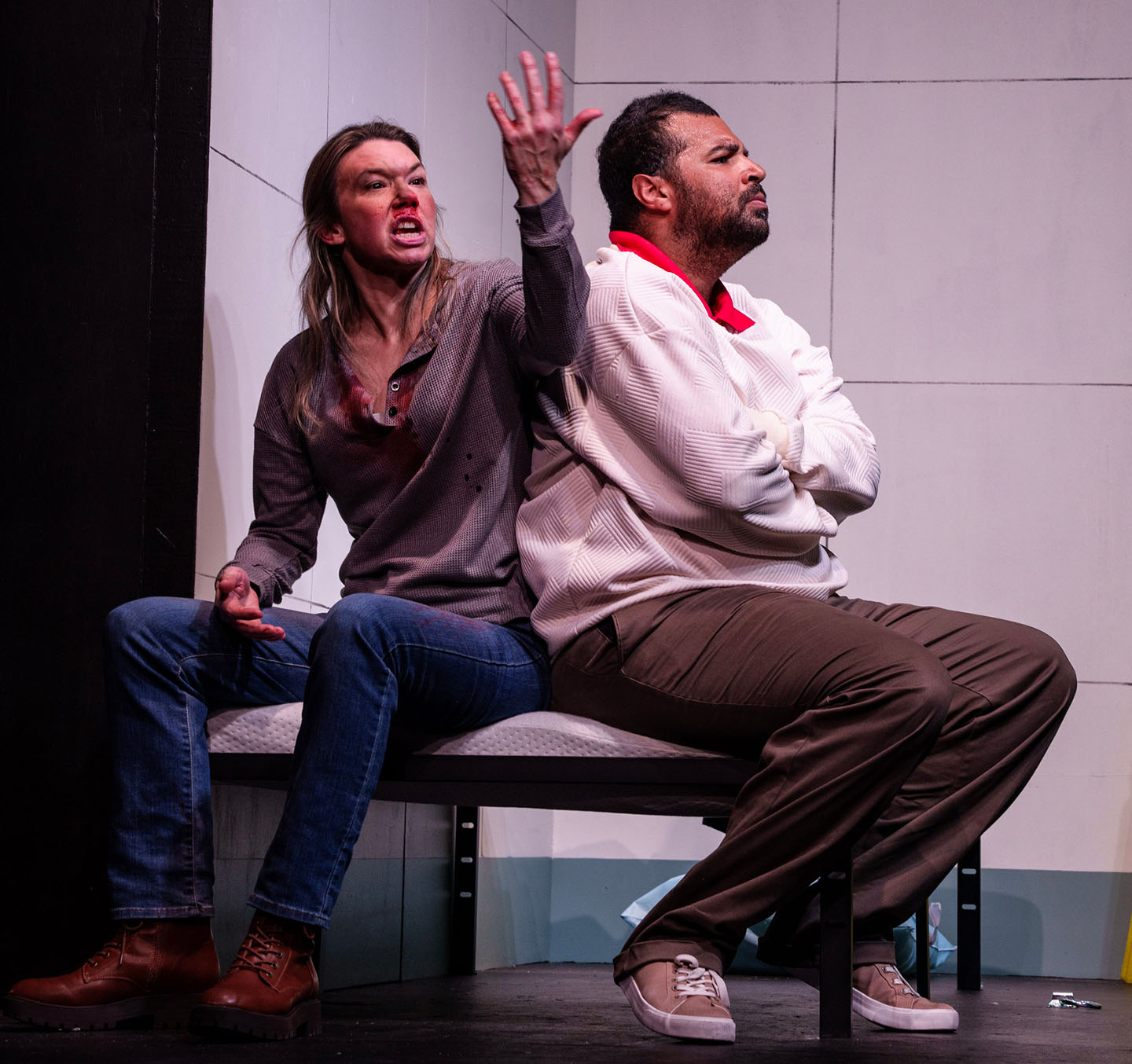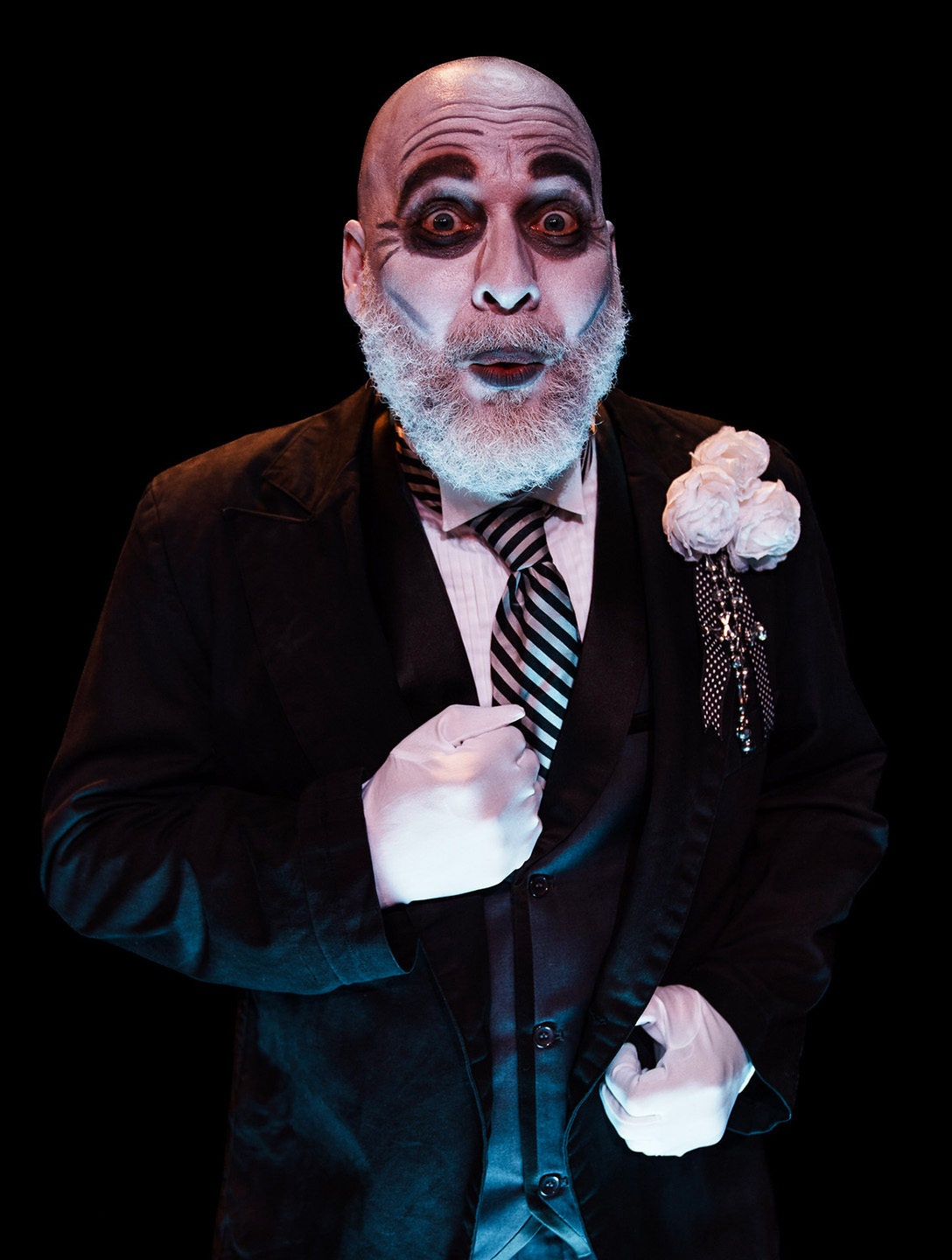I am both surprised and unsurprised that Cloud Nine seems to be challenging audiences in ways that seem to surpass the responses we got in 2003. I am also both surprised and unsurprised that certain audience members find the ideas contained in a play written in 1979 positively shocking while others see them insufficient for our modern times.
As far as the first thing goes, we were a much smaller company in 2003 — we’ve already had twice as many people see this production than saw that one. As a matter of fact, Creative Loafing critic Mark Leib cites this production as the one in which we essentially proved ourselves as a vital force to the region. It was named Best Play of the year and then was cited as #2 in the Top 10 Plays of the Decade list as we crept into 2010:
It was with Caryl Churchill’s Cloud Nine that Jobsite burst from its erratic past into a splendid future, repeatedly marked by top-notch productions. This dizzying examination of gender roles started off in Victorian-era Africa, then moved on to London a century later. But the characters who figured in both acts only aged 25 years, and a man played a woman, an adult played a child, a white man played a black man, straight and gay couples proliferated, and everyone tried vainly to hold on to a life that refused to be grasped. It was also hilarious.
Sure, we had folks walk out with objections to the show’s content or it’s highly unusual style and structure then, too. Or, hey, maybe they simply didn’t like it — and that’s ok. I’m just saying we have a far larger, more diverse audience now and that is bound to produce more varied opinions on our work.
I do feel that in some ways some sections of our population have become more prone to taking offense even as others have become more open-minded. I have friends supportively raising trans and non-binary children, something I could not say in 2003. Activists and the courts have continued to try to help ensure that gay unions enjoy the same benefits as “traditional” marriages. Open marriages and polyamorous relationships both seem to be far more commonplace than I can ever recall. It’s still not, however, anything-goes.
There is still a shocking, unacceptable amount of violence done to queer bodies and minds. A “livable life” for many who do not fit tidy, normative social constructs is still out of reach. Questions of gender legitimacy haunt us from presidential races to who gets to be Doctor Who. “The old ways” are kept alive and well in deep and sometimes invisible ways — not just in our laws and holy texts but in the ways we raise our children (are we really having gender wars about toys and clothing for kids?), in our doctor’s offices, in our TV and films, and in our workplaces and schools.
This is, for me, one of the reasons I chose to come back to Cloud Nine. Yes, you can look at the two acts, the first set in 1879 and the second in 1979, and say “oh, well at least now we’re …” but I would urge you to think about that for a second. Not just to see the things you might be missing when it might make us feel more hopeful to say we’re “over” something (eg: electing Obama din’t end racism), but also to possibly see why for some the topics of sex, gender, and sexuality are still such red-hot buttons.
The opposing societal forces of tradition and progress are always doing a very intricate, paradoxical dance. I think that it really says something about who we are and where we are at as a society that this play seems to elicit an equal number of “SHOCKING! WEIRD! SMUT!” reactions as it does, “Yeah, and the sky is blue. How is this relevant today?” We still have so much to learn from one another.
I also like Cloud Nine because I think it’s easier for us to laugh at these stodgy 19th century Victorian colonial British empire caricatures than our own Founding Fathers, there is far more distance there to help with that. However, I would argue we look more like those Gilbert and Sullivan escapees than the Brits did in 1979 when the play first premiered. I think that creates a super-subversive space for critique. And some of us still, like those act two characters in 1979 London, are worried about losing our job over how we live our life, we still struggle with raising our children to give them better than we had, and we still have a hard time simply finding personal joy and an unconditional love for ourselves.
The very title itself comes from an account of sexual climax given to Churchill, of being on cloud nine when it’s just right, when we truly give ourselves over to pleasure. Perhaps that comes at our own hands, perhaps someone else’s, and perhaps that someone else is someone we were told that we couldn’t do that with. There’s always been a lot of rules attached to sex, and a lot of shame.
The characters in Cloud Nine go from being who they are supposed to be, what the white heteropatriarchy wants them to be (why a woman plays a boy, a man a women, and a white man a black man), in act one to them reaching toward the sometimes terrifying uncertainty of who they want to be in act two. In many ways the times have really changed (I mean, 100 years pass from act one to act two, right?), but in other ways the times haven’t changed at all. For us, here in America in 2017, I think we have a unique set of eyes to see this play through. Not only did we successfully liberate ourselves from England, we’ve sort of become them (if not bested them) in terms of empire. The play’s logic in 1879 seems eerily familiar in ways to us right here right now (“They’ll greet us like liberators,” AMIRITE?). The act two characters are dealing with the post-colonial condition, but colonization is not something that just happens to distant lands like the African plantation we first visit. Minds are colonized, bodies are colonized. The 1979 characters are all making steps if not in some cases strides.
Where are we today? How different? How much still the same? I really believe that this play begs for these conversations to take place once people leave the theater. I sincerely hope with everything I have that they do. I am not interested in just weird for weird’s sake. I know that this play is not your typical kitchen sink drama or light comedy. However, I do think this play is hysterically funny and has incredible insights contained within it.
I mean, c’mon, there are bodily function jokes and a dude in a dress. Two dudes in dresses, actually. This is truly a play near and dear to my heart and so if you’ve ever trusted me before I hope that you will do so here.
Please try to catch this show before we close on Aug. 6, and I would REALLY love to hear from you afterwards. What did you think? What did you take away? What did you not get? What questions can I answer? Leave me a comment, I promise I will respond! I would love to see this space used more for conversation.
For further reading:
Bhabha, H. K. (1994). The Location of Culture. New York, Routledge.
Butler, J. (2004). Undoing Gender. New York, NY, Routledge.
Collins, P. H. (2005). Black Sexual Politics: African Americans, gender and the new racism. New York, NY, Routledge.
Fanon, F. (2008). Black Skin, White Masks. Grove Press.
Fausto-Sterling, A. (2000). Sexing the Body. New York, NY, Basic Books.
Foucault, M. (1978). The History of Sexuality: An Introduction. New York, Random House.
Gilbert, J. R. (1998). Performing Marginality: Humor, Gender, and Cultural Critique. Detroit. MI, Wayne State University Press.
Halberstam, J. (1998). Female Masculinity. Durham, NC, Duke University Press.
Rowe, K. (1995). The Unruly Woman: Gender and the Genres of Laughter. Austin, University of Texas Press.
Said, E. (1979). Orientalism. New York, Random House.

